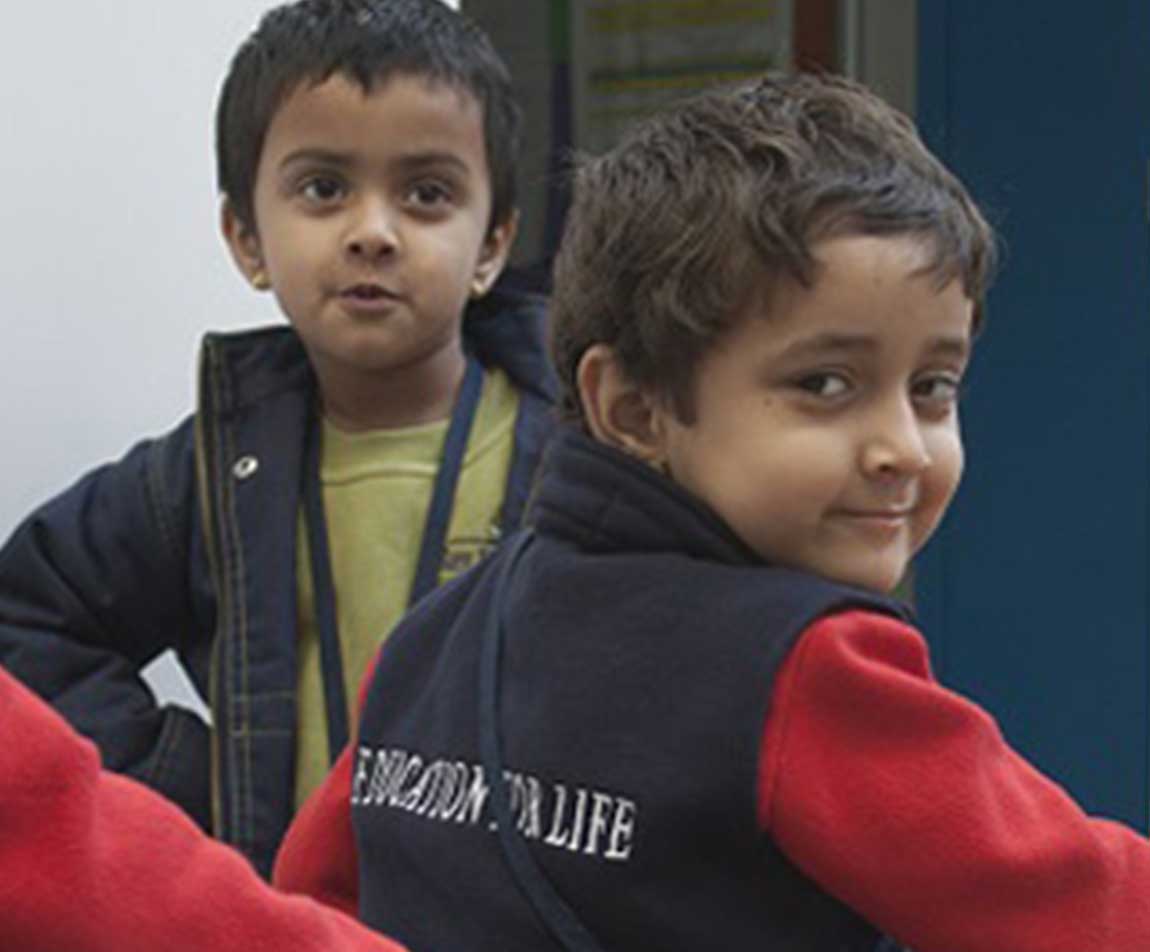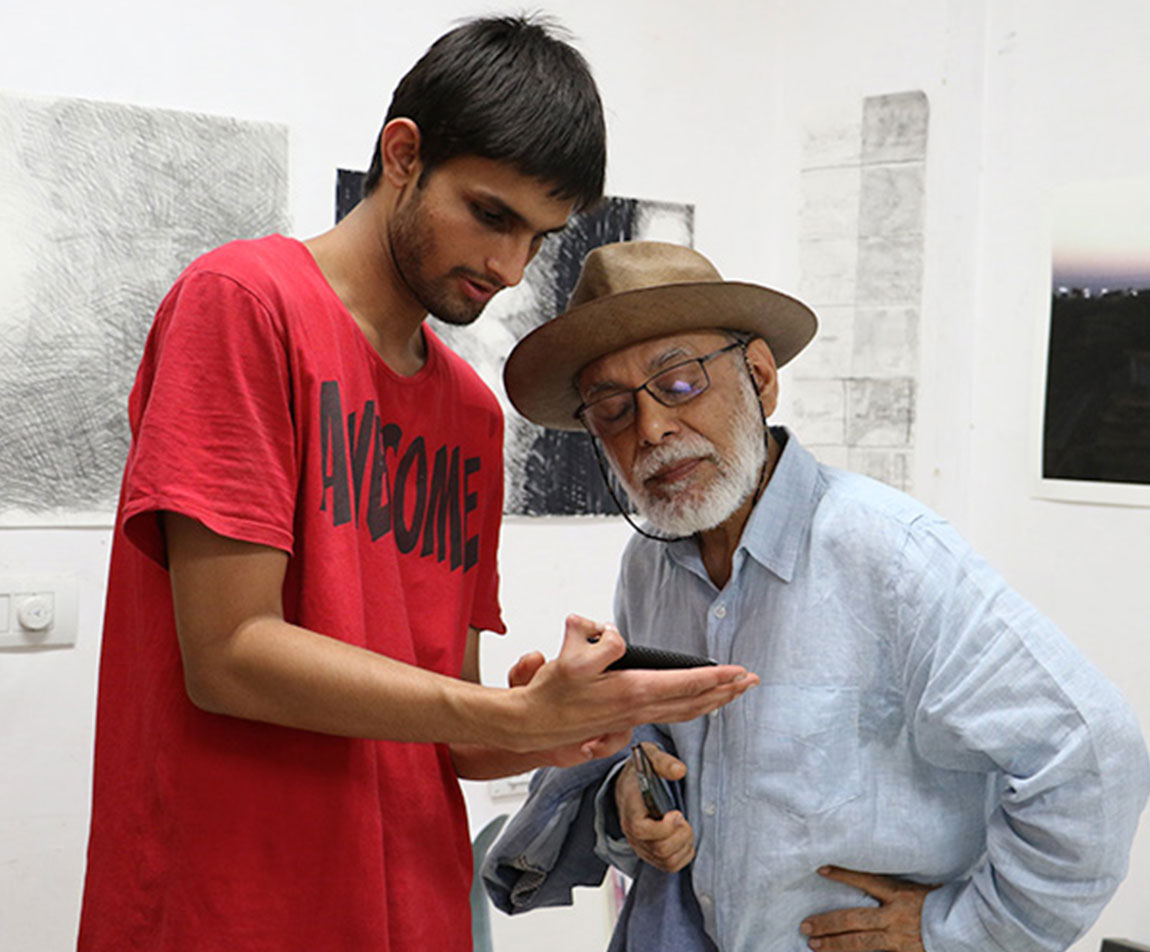
- Home
- What We Do
- Success Stories
- Indian Education System

Indian Education System
Over the last few decades, India has made visible progress in increasing literacy levels. However, as the nation progresses, the quality of education–possibly a bigger concern than the reach of education–is still a much-debated subject.
While we have set up prestigious institutions of excellence, our teaching practices remain traditional to a large extent. Even today, in many classrooms, students passively receive information from the teachers and commit random facts to memory without realizing or questioning the relevance of what is being taught to them and why.
This is because there are still visible gaps in the way education is imparted. In our education system, the essence needs to move a level higher towards developing a child's personal instincts, activities, and interests. Unfortunately, as of now, the system emphasizes more teaching to test knowledge and grasping ability than genuinely developing and nurturing individual talent and interests. As a result, the knowledge is typically forgotten as the semester exam comes to an end. And yet, year after year, the students are encouraged to learn and are rewarded by the system, without realizing that this is one of the fundamental flaws of our education infrastructure.
This is not to say that programs that work on assessing students’ knowledge are not required. For instance, Olympiad programs in mathematics and sciences are a great way of promoting excellence in these areas. But why stop there? We need more such programs to include subjects like social sciences, liberal and performing arts, etc. to truly broaden our horizons. In a larger scheme of things, it is indeed important to take a universal account of subjects and open up the possibilities of stimulating young minds more holistically. Consider spoken and written English. Many of the students passing out today fare mediocrely in this regard, which is a large disadvantage when they enter the workforce with global companies looking for professionals with good communication skills.
Today, India is on the cusp of many remarkable revolutions, and with its robust young population, many opportunities await us. As we progress together as a nation with a vision to be a land of opportunities, the skills and education we are able to impart to our youth, who are about to enter the workforce, will play a very important role. So the important questions we need to contemplate are: Is our education system robust enough to develop students who can support the vision we have for India? If we do become a land of opportunities, do we have well-equipped students to seize them and help India grow? Or would we continue to root for the engineers and doctors, who become a part of a homogeneous set that will pass out to become similarly skilled adults?
What India needs is a mechanism to work on every student’s individual skills and talents so that we produce thinkers, innovators, and leaders. It is this set of thinkers, innovators, and leaders who will become able professionals and set the pace for the country’s growth. Our existing shortsightedness is highly likely to prevent our students from being prepared for the way the world really operates today. Rather than harping on creating specialists, our education system must push to develop well-versed personalities, who acclimatize, alter, and advance with the obstacles in life ahead.
For this vision to be realized, the institutions need to be visionary, with every element in sync with the idea of creating leaders for tomorrow, including the teachers. Teachers play a big role in the development of students and how they perceive education, which is why we need frontrunners in teaching positions who are inspiration for the students to love the joy of learning.
The Indian institutions and the education system as a whole need to rest their faith in the wise words of a renowned teacher John Dewey, who believed, “Education is not preparation for life; education is life itself,” and see the change happen.


